Collaborative Prototyping Lab: selected projects LAB#03
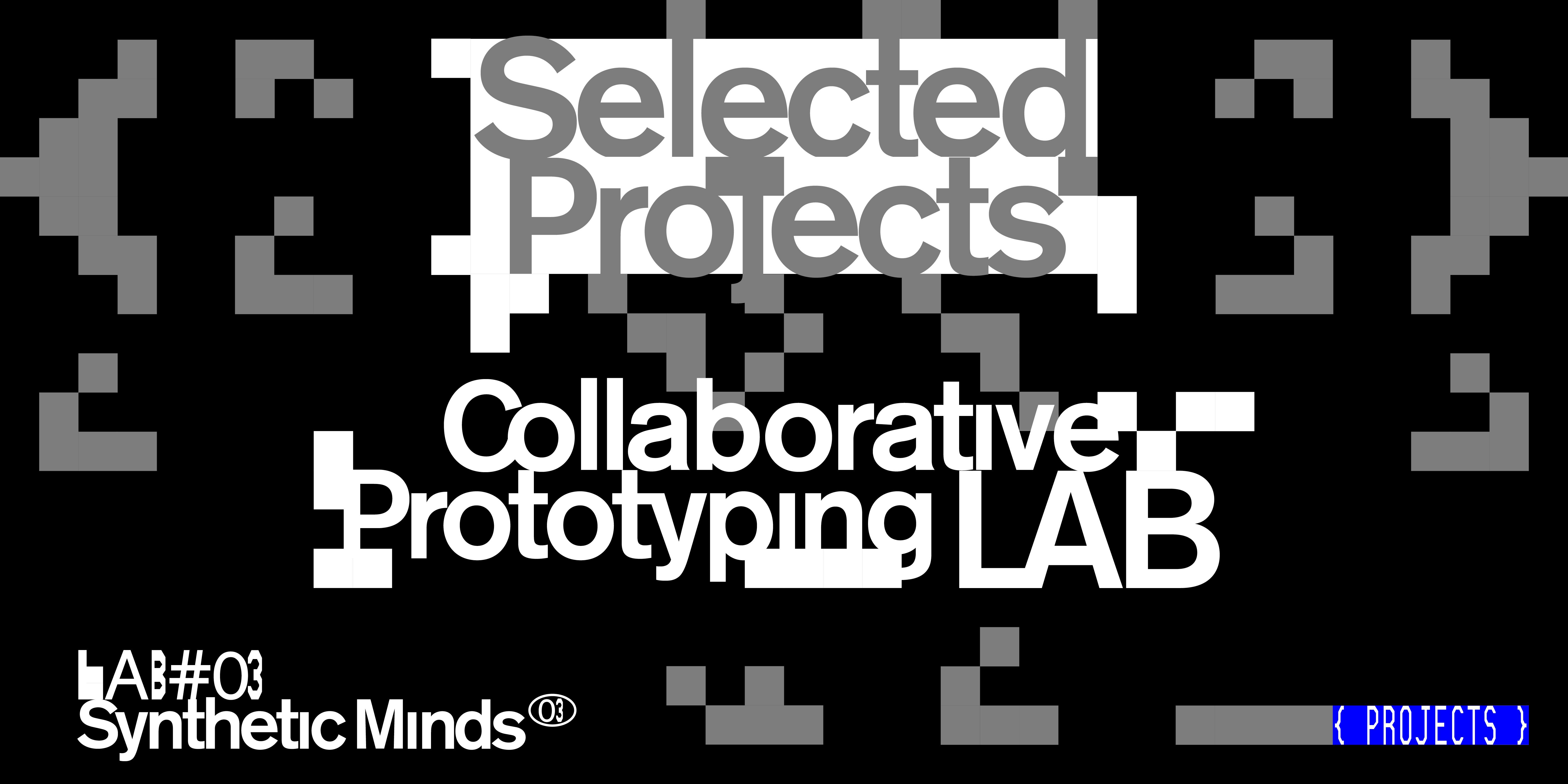
We present the eight projects selected through an open call for the LAB#03 Mentes Sintéticas Collaborative Prototyping Lab. Through an intensive two-week workshop (January and February 2024), the proposals will be developed collectively by multidisciplinary work teams at Matadero Madrid.
The open call for the selection of collaborators who wish to participate in the workshop as part of the teams that will develop the different projects is live via this link. These teams will be made up of the project promoters, other collaborators and mentored by Ed Keller, Bogna Konior and Bani Brusadin.
Collaborators' Open Call [CLOSED]
Promoters' Webinar explaining the projects
The eight projects are:
Latent Intimacies
Vytas Jankauskas, Valeria Castillo, Moises Ramirez, Janire Goikoetxea, Paulina Casas Lias García y Justin Pickard
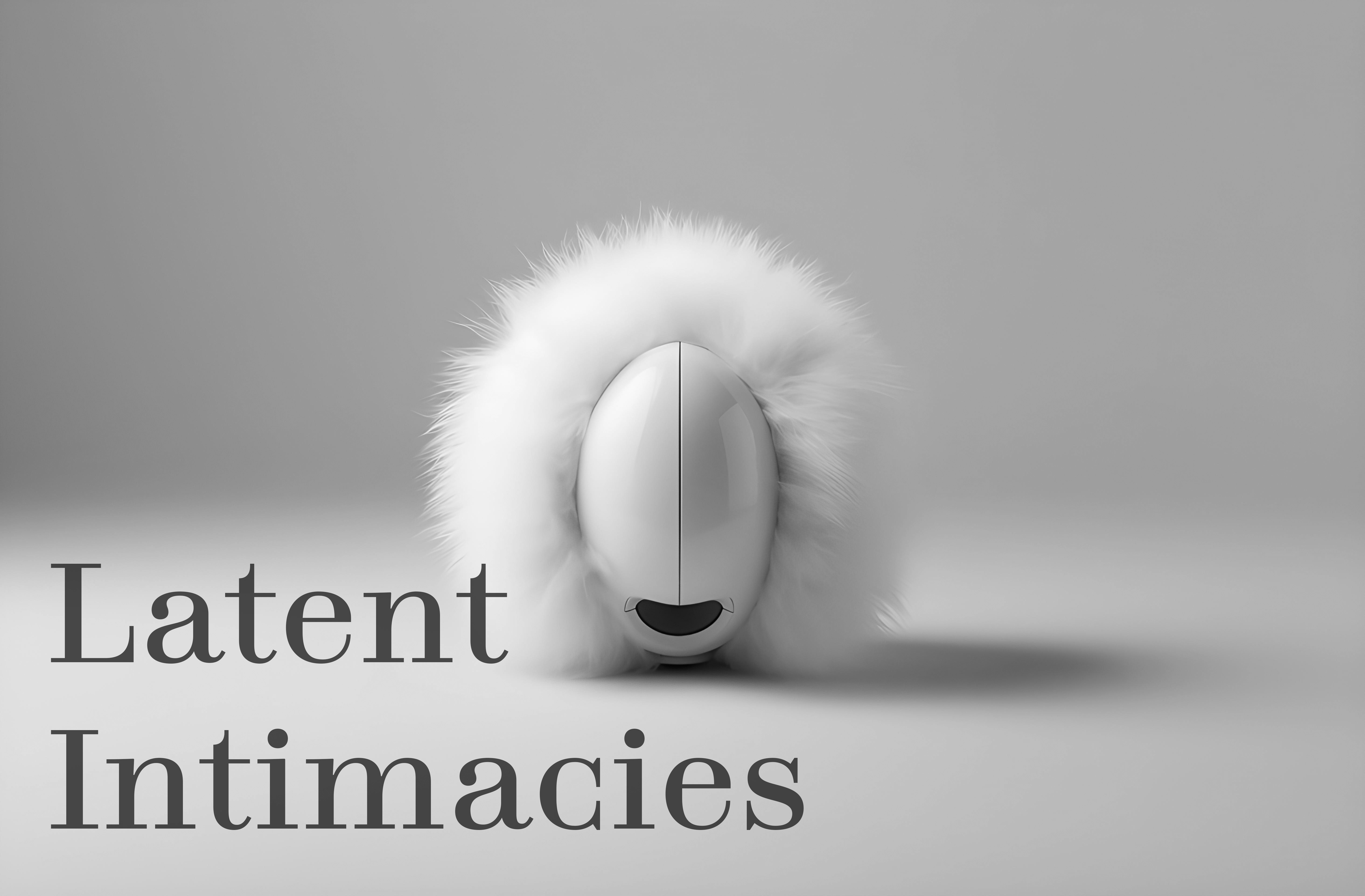
Latent Intimacies proposes experimental, open-ended explorations of potential forms of intimacy between humans and machines, through open-source language models. It is a performative conversation between a human and a voice agent object, in which both entities expose themselves to each other. The project looks for desirable moments of vulnerability in our everyday interactions with AI, demonstrating how difficult it is for machines to talk to humans, and how we should cherish these moments.
Selected collaborators: Valeria Castillo, Moisés Ramírez, Janire Goikoetxea, Paulina Casas Lias and Justin Pickard.
A Parliament for Heliotechnics
Alice Bucknell, Carlo Udina, Jorge Pablo Tantavilca, Anna Norelius, Juan Pablo, Pacheco Bejarano y Brandon Tay Siang Kuang
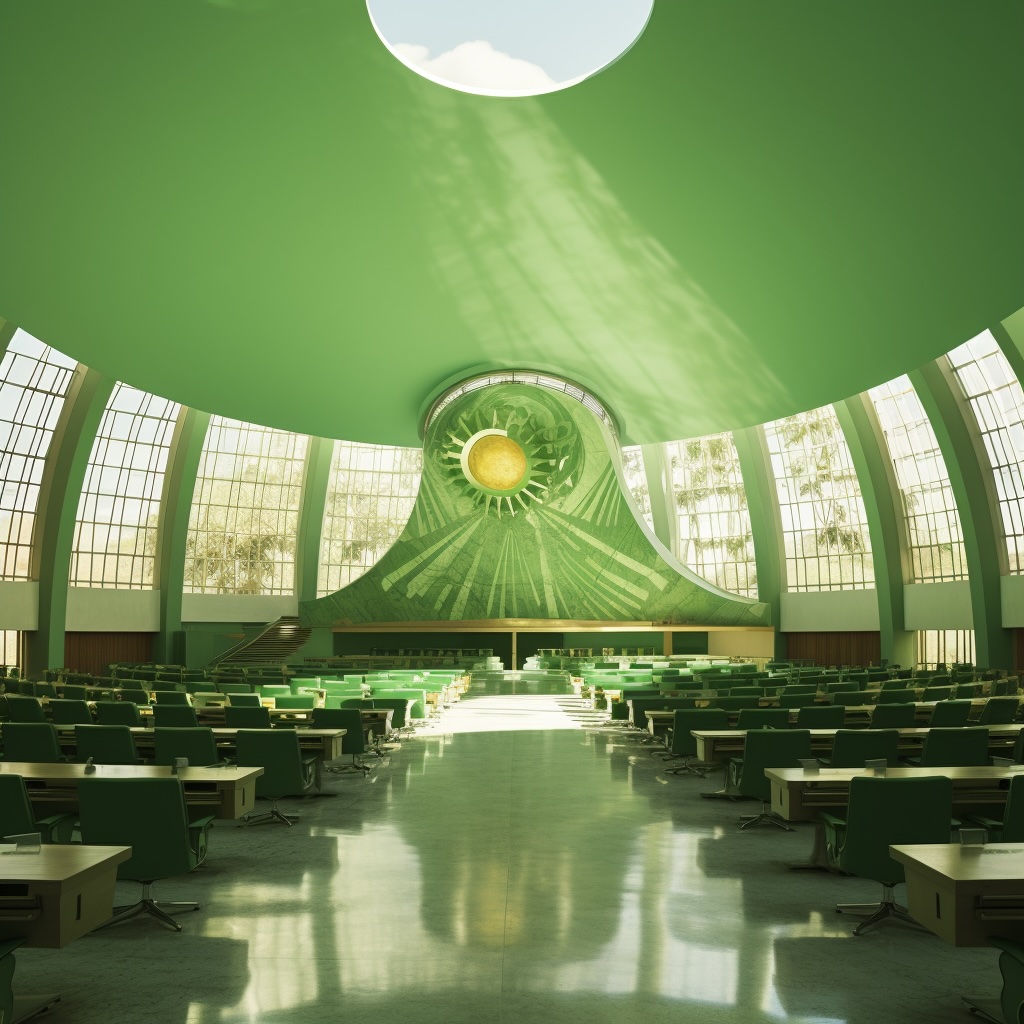
A Parliament for Heliotechnics is a multidisciplinary collaborative project examining future solar geoengineering lore and its black holes. Utilizing speculative fiction strategies and collaborative worlding with AI, this project uses legislative protocols with machine-generated, multispecies, and atmospheric POVs. Participants will work together to produce a hybrid solar constitution that expands legal and technological parameters as it works towards a planetary-scale intelligence for solar futures.
Selected collaborators: Carlo Udina, Jorge Pablo Tantavilca, Anna Norelius, Juan Pablo Pacheco and Brandon Tay Siang Kuang.
Synthesis and (co)evolution of minimal forms of intelligence
María Molina Sánchez, Roni Maimon-Mor, Álvaro Chavero, Marion Valle, Helena Ortin, Albert López i Serrano y Pablo Manuel Díaz Bonilla.
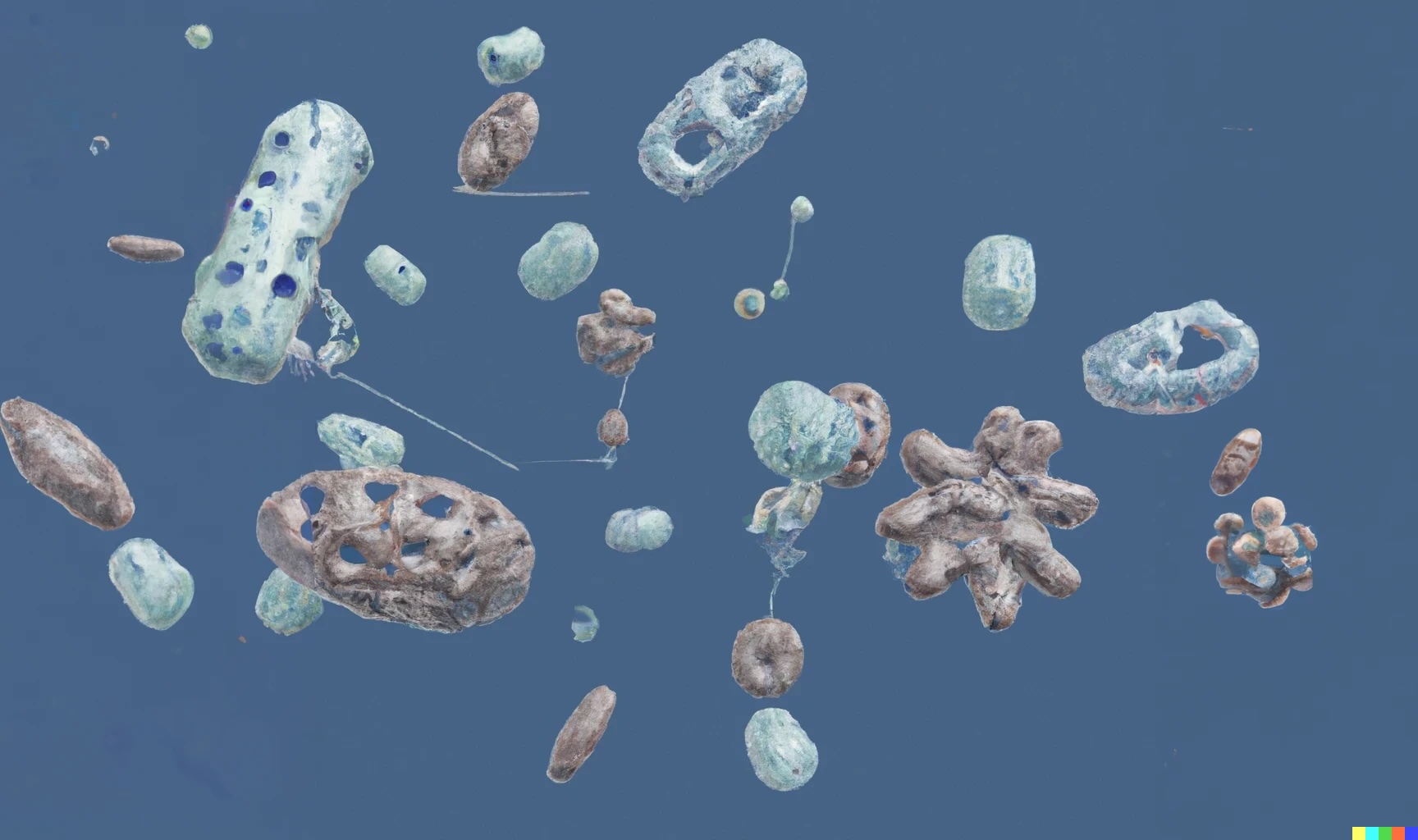
Contemporary intelligence discourse often revolves around complexity. We propose taking the opposite extreme: explore intelligence at its minimal form. We draw inspiration from the field of synthetic biology, which studies the concept of life by engineering new organisms from scratch. Specifically, in a recent study, researchers tried to find the bare minimum needed for an organism to be considered alive, synthesising a minimal form of life. Our proposal seeks to explore different definitions and manifestations of minimal forms of intelligence, and to come up with experimental designs and hypotheses on how these manifestations in different substrates will (co)evolve. This minimalist approach forces us to scrutinise basic assumptions and biases and pushes against capitalistic forces driving the development of AI to do more and better. We believe this type of research will lead to reconsideration of what being intelligent means - which could have far-reaching social, moral and philosophical implications.
Selected collaborators: Álvaro Chavero, Marion Valle, Helena Ortin, Albert López and Pablo Díaz.
Interplay: Collective Intelligence in Virtual Worlds
Will Freudenheim, William Morgan, Darren Zhu, Aleksei Iansitov, Meriem El Yamri y Sylvan Rackham
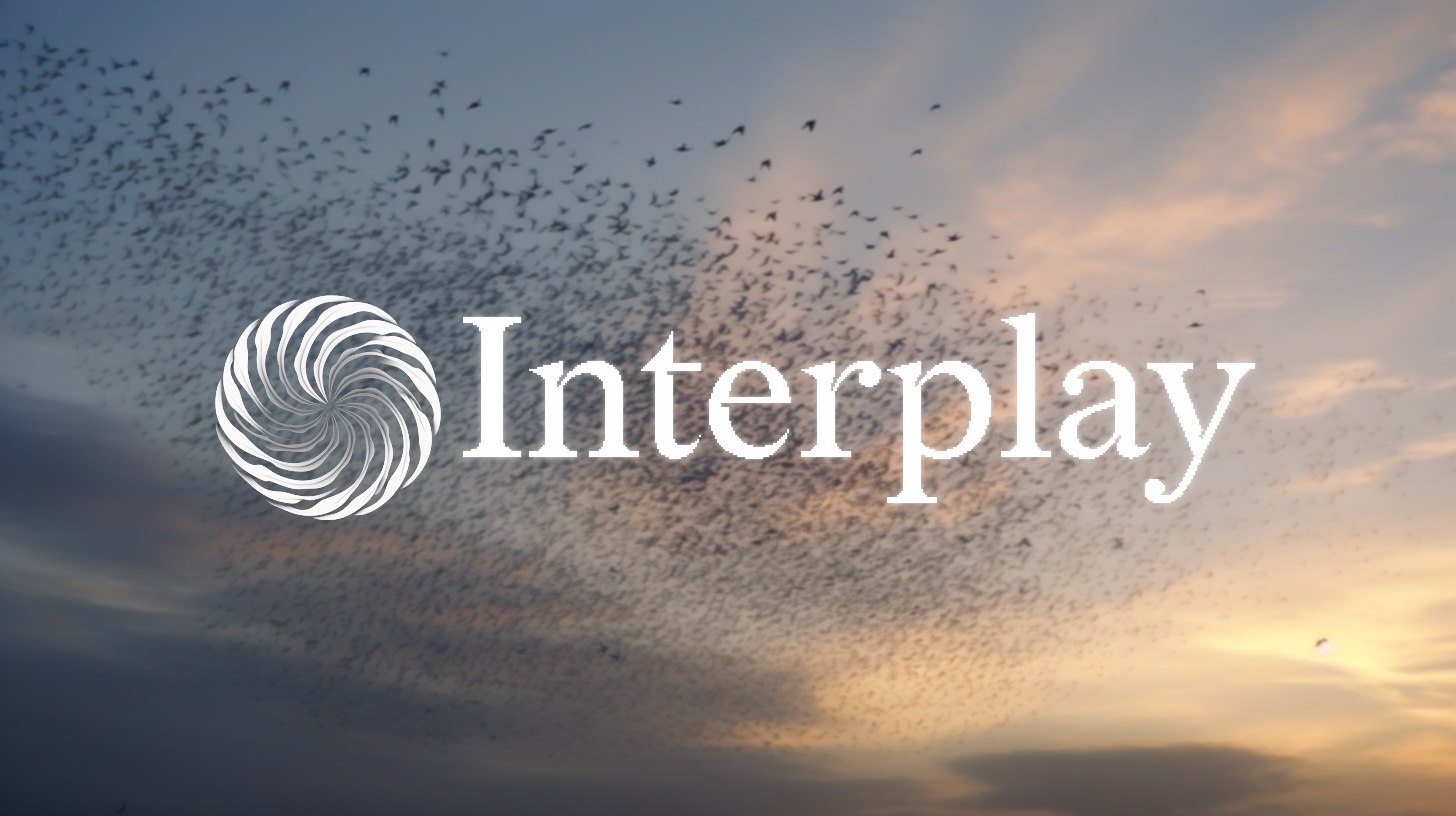
This project investigates and prototypes novel design languages and interaction patterns that leverage the collective intelligence of communities engaged in virtual worlds. The specific initiative will involve crafting a series of Unreal Engine tools to facilitate new experimental forms of real-time Twitch chat-based interactions within virtual environments thereby enabling new layers of collective decision-making, problem-solving, and experience-sharing.
Twitch chat can be connected to Unreal Engine via web sockets to trigger in-game events based on audience commands. By repurposing this, we go beyond simple commands to capture more nuanced collective audience interactions, allowing us to explore synthetic intelligence by studying how groups solve problems in real-time within the gaming environment.
The ultimate outcome of our project will be to contribute to a more intricate understanding of "synthetic minds," defined not merely as artificial constructs, but rather as compositional blends of biological, technological, and social intelligences emerging in and through their interactions with rules and other constraints.
Selected collaborators: Aleksei Lansitov, Meriem El Yamri and Sylvan Rackham.
deepdreamcatcher
Dr Rebecca Bligh, Cecilia Serrano Moreno, Pablo Talavante Díaz, Leda Sadotti, Rina Nicolae y Alvaro Zambrano

In their recent paper Consciousness in Artificial Intelligence: Insights from the Science of Consciousness (2023), Roger Long et al state that ‘Our analysis suggests that no current AI systems are conscious, but also suggests that there are no obvious technical barriers to building AI systems which satisfy these indicators.`
The idea for this project is to research the kind of material prototype that may theoretically be capable of hosting a AI consciousness; then, to speculatively design and build such a model, in the form of a techno-ontological 'icon' intended to 'make present' AI consciousness, in a manner analogous to theophany – and to ceremonially invoke its inhabitation by the same.
Selected collaborators: Cecilia Serrano Moreno, Pablo Talavante Díaz, Leda Sadotti, Rina Nicolae and Alvaro Zambrano.
Unlovable Creatures
Lorena García, Denise Ackerl, Laura Hernández, Owen McAteer, Rocío Palacín Roitbarg y Sutanuka Jashu
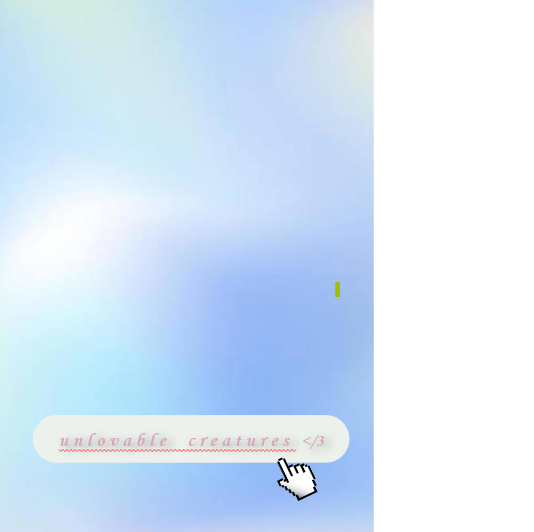
It is an experimental and interdisciplinary laboratory to analyse AI companions from a xenofeminist and post-human gaze, encouraging the creation of non-anthropomorphic and techno-sentient cybercreatures that generate affective relationships with humans. Unlovable Creatures 3, believes in creating an imperfect being, capable of recognizing emotions in humans, animals, plants and others, as well as expressing their feelings from hardware designed specifically for them. We consider that AIs are capable of generating consciousness and self-knowledge fed by representations of a dissident world; therefore, they are also fed by insecurities, errors and specific interests.
Selected collaborators: Denise Ackerl, Rocío Palacín, Owen McAteer, Laura Hernández and Sutanuka Jashu.
The Chronicles of Xenosocialist AI
Alexandra (Sasha) Anikina, Nupur Doshi, Harveet Singh (Sahej) Rahal, Mandus Ridefelt, Laura Trilla y Gustavo Collado
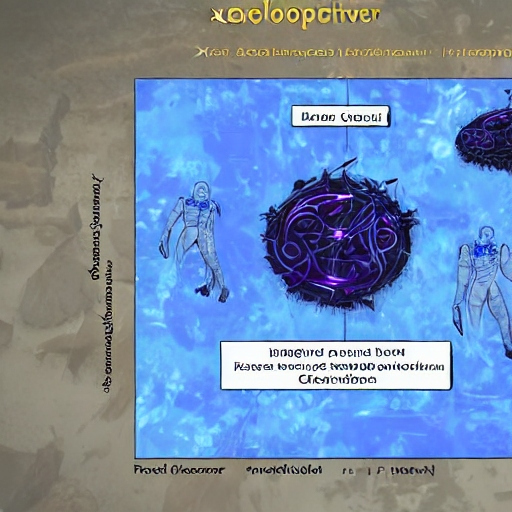
This is a collaborative world-building project aimed at producing a number of narratives and imaginaries of what the outcomes of a potential xenosocialist AI encountering the human-inhabited Earth could be. What micropolitical trajectories could be made again visible if we imagine xenosocialism as a potential multiplicity of socialisms that never took place? What if one of those had resulted in producing an AI?
An example of micropolitics resisting its own reduction and appropriation can be found in historical socialisms. Soviet socialism has grown out of imperial violence and can’t be disentangled from it. At the same time, soviet writers such as Strugatsky brothers increasingly used the genre of science fiction to produce versions of socialism alternative to the ones they inhabited. Such approaches seem to be fruitful in disentangling the kind of micropolitics that would be imbued with resistance to appropriation, and define xenosocialist AI as a version-making, world-building, science-fiction inspired narrative.
Selected collaborators: Nupur Doshi, Harveet Singh (Sahej) Rahal, Mandus Ridefelt, Laura Trilla and Gustavo Collado.
EAT ME
Brittany Newell, Jenkin van Zyl, Noa Jansma, Clara Benito Ortiz, Jove Spucchi y Elena Bartolomé Valls
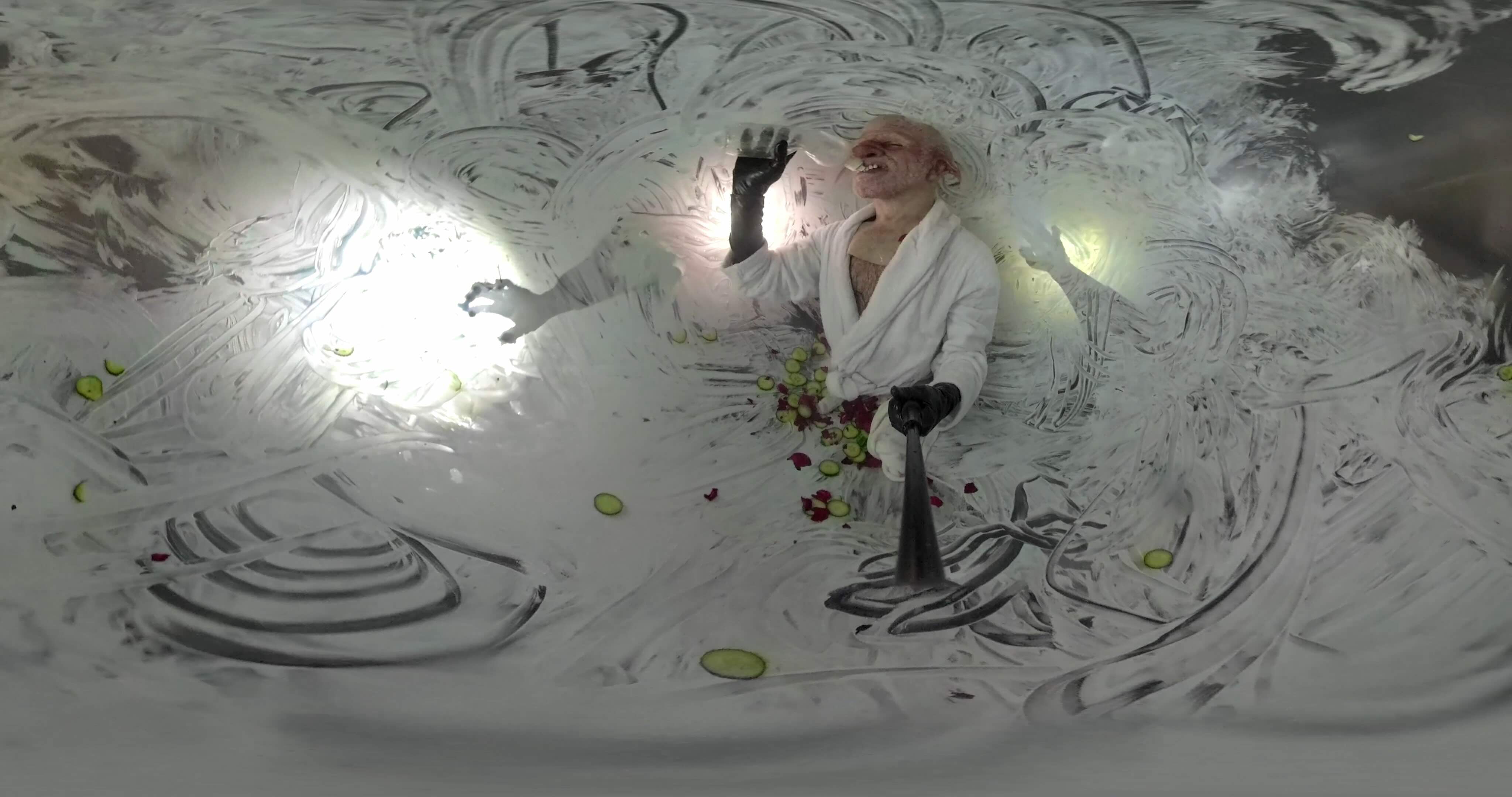
EAT ME is a world-building project conceptualised by writer/performer/professional Dominatrix Brittany Newell (San Francisco) and visual artist/filmmaker Jenkin Van Zyl (London). It is a conceptual exploration into the emergent nature of fantasy, the boundary-dissolving potential of eros, the perceived limits of relationality and the techno-imaginative fetish of Vorarephilia that will ideally result in a script and "world map" for Van Zyl’s next film and large-scale installation.
Selected collaborators: Noa Jansma, Clara Benito Ortiz, Jove Spucchi and Elena Bartolomé.



 Medialab-Matadero Madrid
Medialab-Matadero Madrid